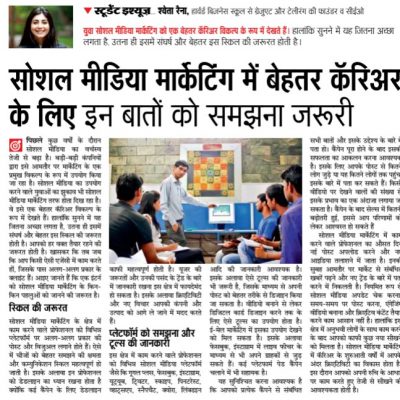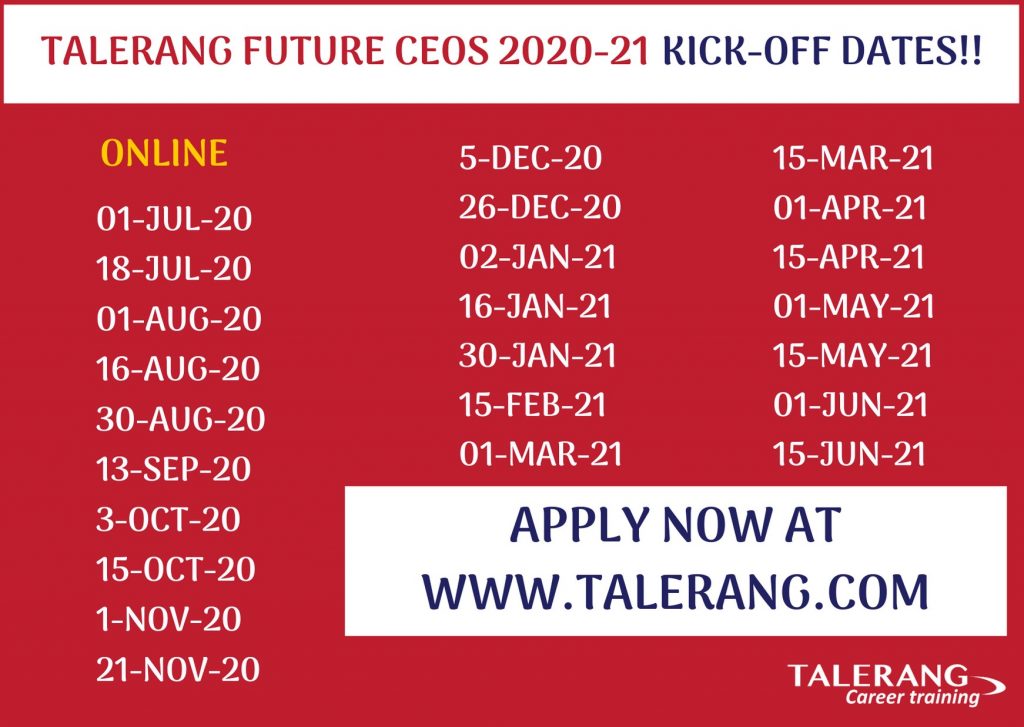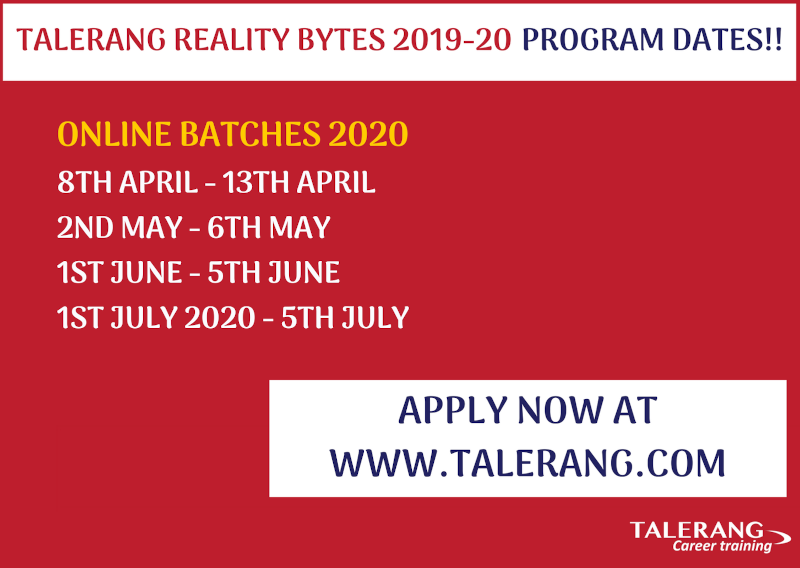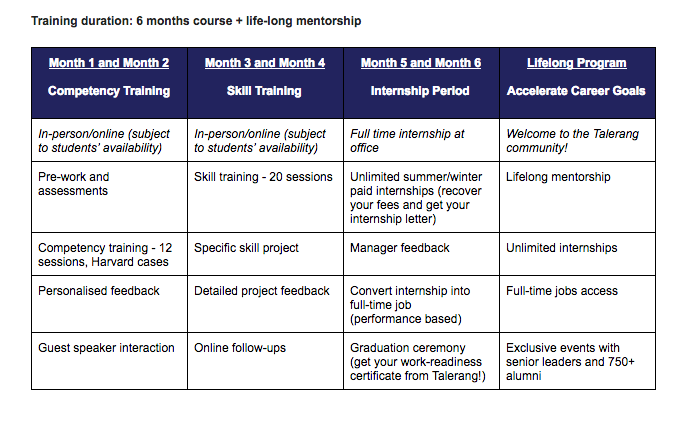
Misconceptions regarding Masters degree!
In India, students are under immense pressure to get a Masters degree. Just doing college doesn’t seem enough. According to a UGC report on higher education in India, about 37% students enrol in Arts, 19% in Science, 18% in Commerce and Management and 16% in Engineering and Technology post-graduation programs. There are various misconceptions about obtaining a Masters degree. Most students are interested in an MBA only because they believe it will fetch them a lucrative job. But is that the case?
Before you dive in to pursue a Masters degree, keep in mind some of the popular misconceptions about post-graduation:
-
- “Double the salary”: The most common misconception is that a masters degree will increase your compensation and make it double or triple of the current salary. However, the truth is that compensation depends on the designation, role, industry and company you have applied for. Prior relevant work-experience and the reputation of your institute also play a role. An MBA or additional masters degree does not always increase your salary significantly. According to a survey, by Business Standard, about 90% MBAs are unemployed in India.
- Master “immediately” after undergraduation: It is important to know what career options are available after you graduate. Research is required to know what will add to your profile. Before you go for masters, make sure you understand your strengths and development areas. This will help you take an informed decision before you invest your time and money in a post-graduate program. It is recommended to gain at least a few years of work experience before taking this call. If not, experiment with at least a few internships to know where your interests lie.
- Masters “limits your career choice” to that field: Another popular myth about masters is that you cannot diversify to another field if you have a Masters in a particular one. For example, a student with a Masters in English can apply for marketing as well. Often the most important criteria in a job is a relevant skill-set that may not be defined by your post-graduate degree. A coder does not need to have done a Masters in computer science as long as he or she can build a website and applications.
- “Have to do a masters”: It is important to do a cost-benefit analysis before enrolling in a Masters program. Some careers and organizations require experience more than a postgraduate degree. For example, for a career in corporate law, a graduate degree in law with other specialized certifications may be enough. But if you want to teach law, you may have to consider a post graduation or Ph.D. Simply doing a Masters does not get you hired. Instead, bringing appropriate skills to an organization will result in job opportunities.
It is therefore important to focus on getting a relevant masters degree. Research thoroughly before enrolling into a program. Seek mentors in your field of interest who can guide you. Develop your skills with professional experience. Research a masters program thoroughly including the program’s placement statistics, subjects for specialization, course structure and likely compensation post completion. Take time to think your decision through instead of following the herd. This will ensure that you won’t be disappointed with your Masters program!








